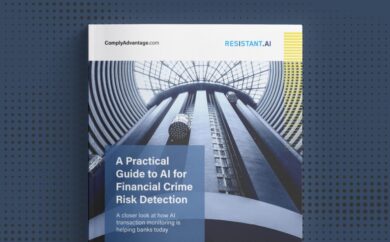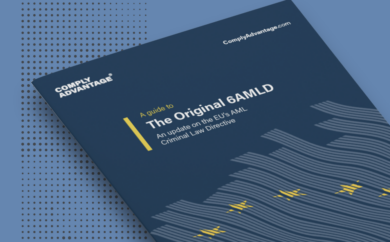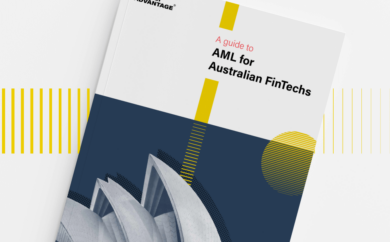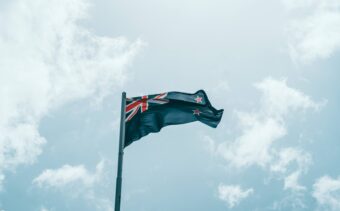
Under the AML/CTF Act 2006, designated businesses must meet four key obligations that reflect the private sector obligations set out by the Financial Action Task Force (FATF).

Under the AML/CTF Act 2006, designated businesses must meet four key obligations that reflect the private sector obligations set out by the Financial Action Task Force (FATF).

As a long-term member of the Financial Action Task Force (FATF), Australia’s anti-money laundering and combatting the financing of terrorism (AML/CFT) regulatory framework seeks to align with the recommendations laid out by the agency.

Banks need a new approach to detecting financial crime. This hands-on guide explores how AI can be deployed in transaction monitoring systems today, improving alert remediation and helping compliance teams better identify networks of illicit activity.

To remain compliant and avoid financial penalties, FinTechs must know and understand the parameters of their reporting responsibilities. This infographic provides a checklist of the reporting obligations FinTechs must meet under Australian AML/CFT legislation and regulation.

Controlling risk is critical to the overall success of a financial institution. This infographic unpacks what an EWRA looks like and how Australian FinTechs can conduct them consistently across their business and over time.

Despite the war in Ukraine and the ongoing pandemic, the EU has other pressing policy issues on its collective mind in 2022, of which AML/CFT reform is amongst the most important.

As FinTechs grow and acquire more customers, their AML/CTF programs must also mature. The firms best set up for success are those with scalable solutions and a sound understanding of AUSTRAC’s expectations of the firms it regulates. This guide provides hands-on tips and best practices for any FinTech looking to scale in Australia.

Is Cryptocurrency Legal in Malaysia? Cryptocurrencies: Not legal tender Cryptocurrency exchanges: Legal, must register with the Malaysian Securities Commission Although cryptocurrencies are legal in Malaysia, they are not considered legal tender. The country’s central bank, Bank Negra Malaysia, has issued […]

Defense think tank RUSI is warning that a lack of guidance around proliferation finance (PF) and designated non-financial businesses and professions (DNFBPs) is increasing the risk of North Korea evading targeted sanctions. In a new report, it recommends organizations and […]

Japan is an influential regional and global power and participates in a range of trading relationships with partners across the world. Japan uses that status to achieve political and economic goals, often issuing economic sanctions against other countries in response […]

As it seeks to exercise political power on a global scale, China is increasingly using its economic sanctions program to achieve foreign policy and economic objectives. China sanctions activity reflects Beijing’s desire to respond to Western sanctions – in particular […]

New Zealand has an advanced, highly globalized economy and relies on a wide range of international trading partners in Australia, East Asia, North America, and the European Union. In order to protect its economy and maintain public confidence in its […]